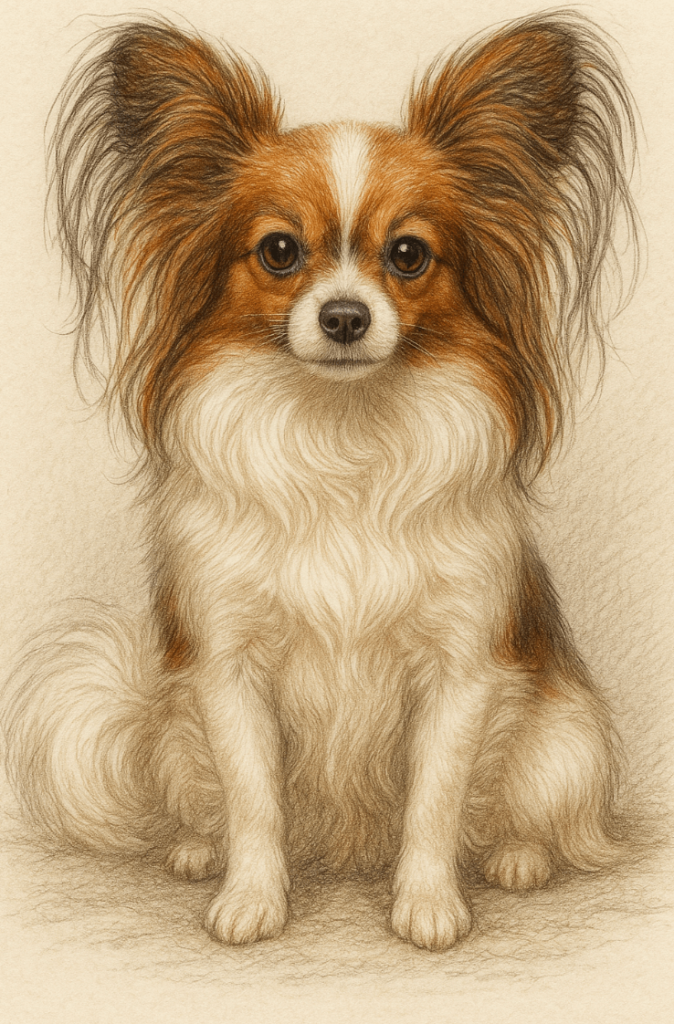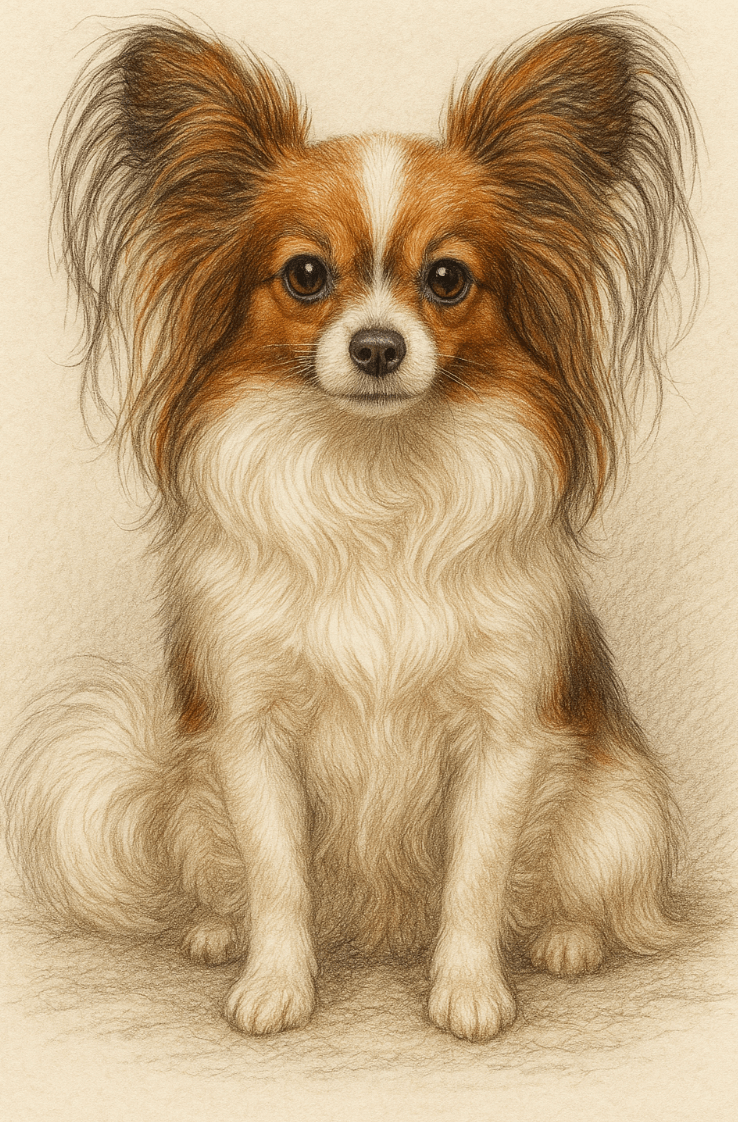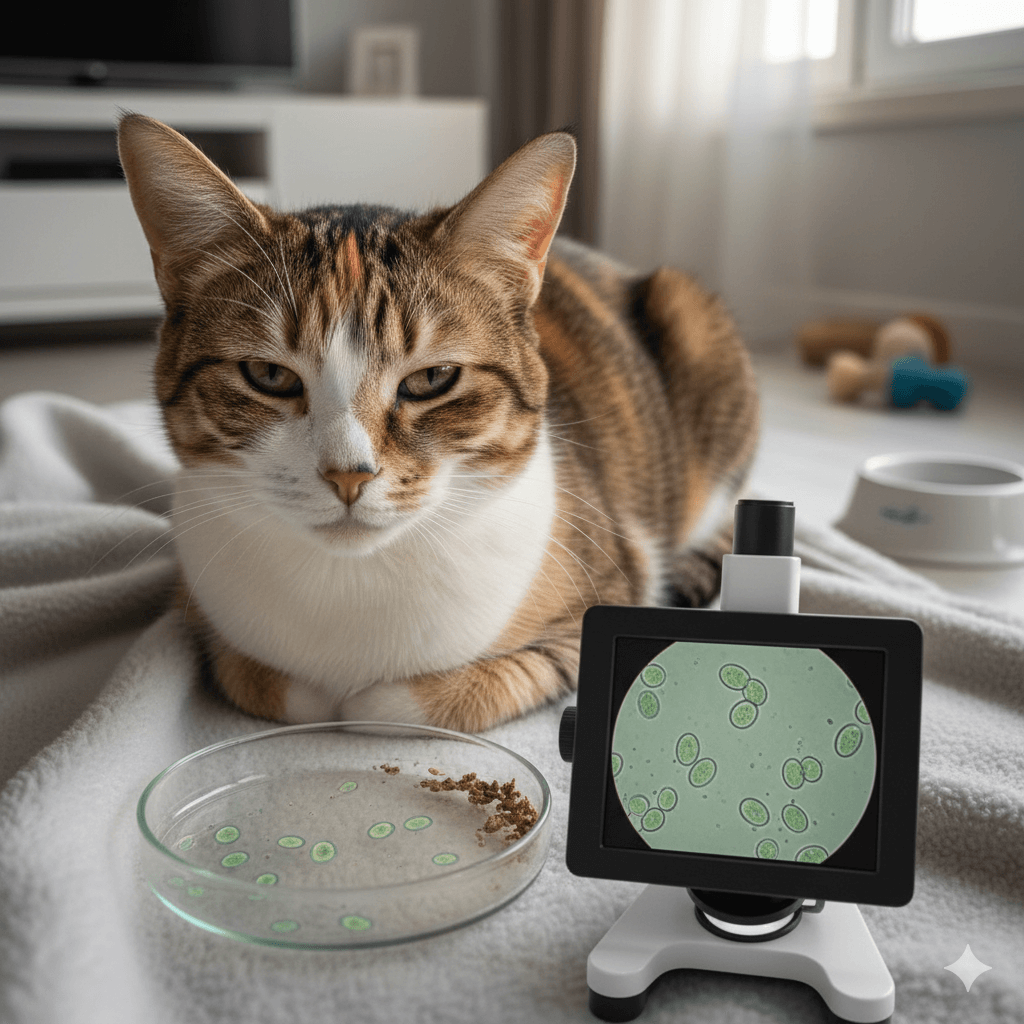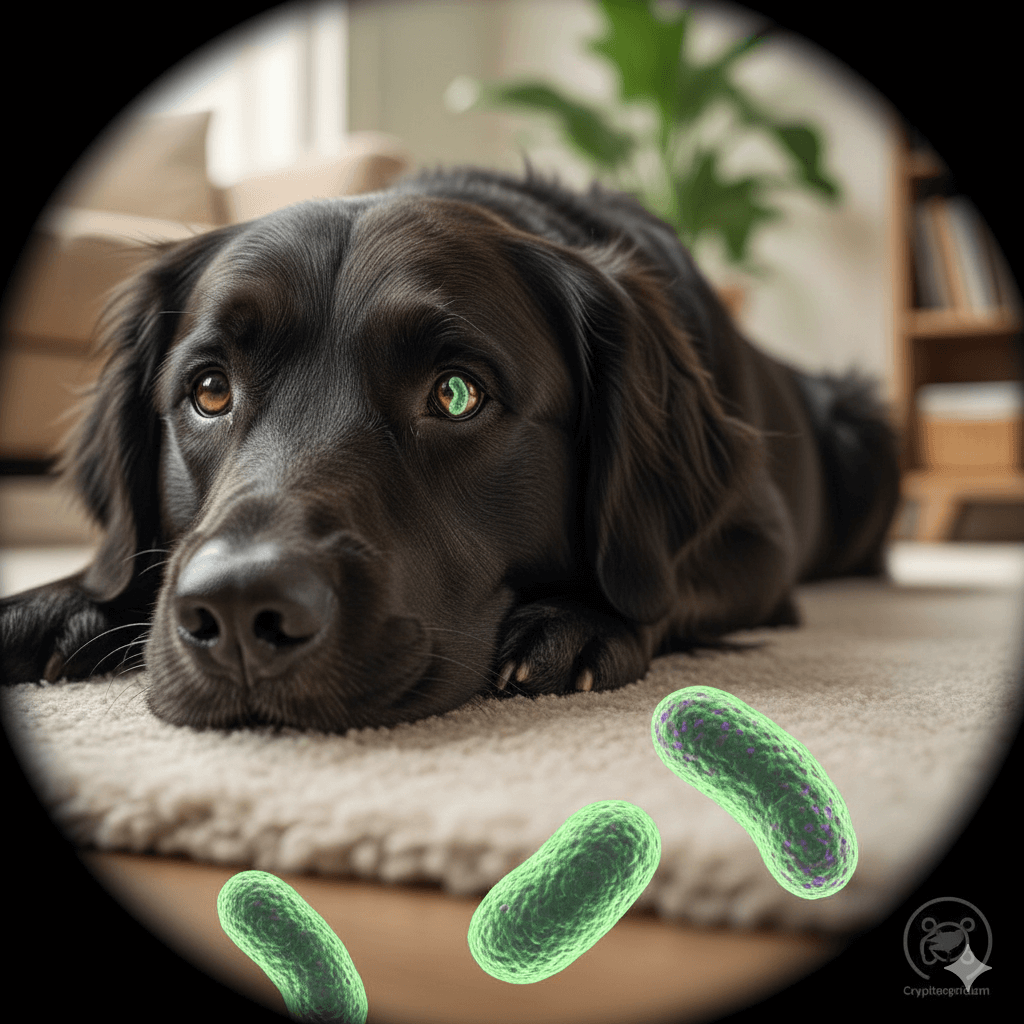Papillon Dog Weight: What You Need to Know
The Papillon, often referred to as the “butterfly dog” due to its distinctive ear shape, is a small yet elegant breed known for its lively personality and graceful appearance. One of the most important aspects of caring for a Papillon is understanding their ideal weight range, as maintaining a healthy weight is crucial for their overall well-being. Whether you’re a new Papillon owner or simply curious about this charming breed, knowing how much your dog should weigh can help you ensure they live a long, happy, and active life. In this blog post, we’ll explore everything you need to know about Papillon dog weight, from factors that influence it to tips for keeping your pup in top shape.
Ideal Weight Range for Papillon Dogs
Understanding the ideal weight range for Papillons is essential for monitoring their health and preventing potential issues like obesity or underweight conditions. While individual variations exist, there are general guidelines to keep in mind.
Average Weight for Adult Papillons:
Adult Papillons typically weigh between 5 to 10 pounds (approximately 2.3 to 4.5 kilograms). This range accommodates their small size and delicate frame.Weight Differences Between Males and Females:
Male Papillons may weigh slightly more than females, but the difference is usually minimal and not significant enough to cause concern.Toy-Sized Variations:
Some Papillons may fall on the lower end of the weight spectrum, especially if they are particularly petite or have a naturally smaller build.Phalène Variants:
The Phalène, a drop-eared variety of the Papillon, shares the same weight range as its erect-eared counterpart.Health Implications of Deviations:
Being significantly over or under the ideal weight range can lead to health problems such as joint issues, diabetes, or weakened immune function.
By familiarizing yourself with these guidelines, you can better assess whether your Papillon is at a healthy weight and take action if necessary.
Factors That Influence Papillon Dog Weight
Several factors can impact a Papillon’s weight, making it important to consider their unique circumstances when evaluating their size.
Genetics and Lineage:
A Papillon’s genetic background plays a significant role in determining their natural weight range, so it’s helpful to know details about their parents’ size.Age and Life Stage:
Puppies tend to be lighter and gain weight as they grow, while senior dogs may lose muscle mass and weigh less.Activity Level:
Highly active Papillons may burn more calories, potentially resulting in a leaner physique, while less active dogs might be prone to weight gain.Diet and Nutrition:
The quality and quantity of food provided directly affect a Papillon’s weight. Overfeeding or feeding low-quality kibble can lead to obesity.Health Conditions:
Certain medical issues, such as thyroid disorders or digestive problems, can cause fluctuations in weight that require veterinary attention.
Taking these factors into account allows you to tailor your care approach and maintain your Papillon’s optimal weight throughout their life.
Check this guide 👉Azawakh Papillon Mix: Best 7 Expert Tips!
Check this guide 👉Border Collie Papillon Mix: Best 7 Expert Tips!
Check this guide 👉Papillon Dog Price: Best 7 Expert Tips!

Healthy Habits for Maintaining Weight | Signs Your Papillon May Be Overweight |
|---|---|
Feed portion-controlled meals | Difficulty feeling ribs through fur |
Provide daily exercise (walks or playtime) | Noticeable lack of waistline definition |
Avoid excessive treats and table scraps | Sluggishness or reduced activity levels |
Schedule regular vet check-ups | Visible fat deposits near tail or hips |
Monitor weight monthly using a scale | Labored breathing or panting after light exercise |
Tips for Keeping Your Papillon at a Healthy Weight
Maintaining a healthy weight for your Papillon requires consistent effort and attention to detail. Here are some practical tips to help you achieve this goal.
Establish a Feeding Routine:
Stick to a regular feeding schedule with measured portions to prevent overeating and promote digestion.Choose High-Quality Food:
Opt for premium dog food formulated for small breeds, ensuring it contains balanced nutrients and minimal fillers.Limit Treats and Snacks:
Use treats sparingly and select low-calorie options to avoid adding unnecessary calories to your dog’s diet.Engage in Regular Exercise:
Incorporate activities like brisk walks, fetch, or agility training to keep your Papillon physically fit and mentally stimulated.Monitor Growth in Puppies:
Keep track of your puppy’s weight gain during developmental stages to ensure they grow steadily without becoming overweight.
With these strategies in place, you can support your Papillon’s long-term health and happiness.
Common Mistakes That Affect Papillon Dog Weight
Even well-meaning owners can make mistakes that inadvertently impact their Papillon’s weight. Avoiding these pitfalls is key to keeping your dog in peak condition.
Overfeeding Due to Small Size Bias:
Owners sometimes assume small dogs need less food, leading to unintentional overfeeding or malnutrition.Ignoring Portion Sizes:
Failing to measure food accurately can result in calorie imbalances, either causing weight gain or loss.Using Human Food as Rewards:
Feeding human snacks high in sugar, salt, or fat can disrupt your dog’s nutritional balance and contribute to weight issues.Skipping Vet Visits:
Missing routine check-ups means you might overlook subtle signs of weight-related health problems until they worsen.Underestimating Exercise Needs:
Despite their small stature, Papillons are energetic dogs that require regular physical activity to stay fit.
Avoiding these common errors helps ensure your Papillon remains within a healthy weight range.
Fun Activities to Keep Your Papillon Active
Keeping your Papillon engaged in fun activities not only supports their weight management but also strengthens your bond. Here are some ideas to try:
Agility Training:
Set up a mini obstacle course to challenge your Papillon’s speed and coordination.Interactive Toys:
Puzzle feeders and treat-dispensing toys encourage mental stimulation and controlled snacking.Short Walks Around the Neighborhood:
Even brief walks provide exercise and opportunities for socialization.Fetch Games Indoors:
Use soft toys to play fetch in a safe, enclosed space where your Papillon can run freely.Training Sessions:
Incorporate obedience or trick training into your routine to combine physical and mental exercise.
These activities ensure your Papillon stays entertained while burning off excess energy.
Nutritional Tips for Supporting Healthy Weight
A balanced diet is foundational to maintaining your Papillon’s weight. Follow these tips to provide optimal nutrition tailored to their needs.
Focus on Protein-Rich Foods:
High-quality protein supports muscle maintenance and keeps your Papillon feeling fuller longer.Incorporate Fiber-Rich Ingredients:
Foods containing fiber aid digestion and promote satiety, reducing the urge to overeat.Stay Hydrated:
Ensure fresh water is always available to support metabolism and overall health.Avoid Artificial Additives:
Steer clear of foods with artificial colors, flavors, or preservatives that offer no nutritional value.Consult a Vet for Special Diets:
If your Papillon has specific dietary needs, seek professional advice to create a customized meal plan.
Proper nutrition lays the groundwork for a healthy, active lifestyle.
Seasonal Considerations for Managing Papillon Weight
Seasonal changes can subtly affect your Papillon’s weight, requiring adjustments to their care routine.
Winter Weight Gain Risks:
Reduced outdoor activity during colder months may lead to weight gain if calorie intake isn’t adjusted accordingly.Summer Activity Boosts:
Warmer weather encourages more outdoor play, which can help burn extra calories and maintain fitness.Holiday Treat Temptations:
Be mindful of holiday snacks and indulgences that could disrupt your Papillon’s diet.Spring Shedding Season:
Increased shedding might temporarily alter your perception of their weight; focus on body condition instead.Autumn Energy Surges:
Cooler temperatures in autumn often bring renewed energy, making it easier to incorporate longer walks or play sessions.
Adapting to seasonal shifts ensures consistent weight management year-round.
Frequently Asked Questions About Papillon Dog Weight
What is the ideal weight for an adult Papillon?
An adult Papillon should weigh between 5 to 10 pounds (2.3 to 4.5 kilograms) depending on their build and activity level.
How can I tell if my Papillon is overweight?
Look for signs like difficulty feeling their ribs, a lack of visible waistline, or sluggish behavior during playtime.
Can puppies weigh more than adults?
No, Papillon puppies typically weigh less than adults and gradually reach their full weight by around 9 to 12 months of age.
Is it normal for my Papillon to lose weight as they age?
Slight weight loss is normal in senior dogs, but significant changes should be evaluated by a veterinarian.
How often should I weigh my Papillon?
Weighing your Papillon once a month is sufficient to monitor trends and catch any abnormalities early.
Prioritizing Your Papillon’s Health Through Proper Weight Management
Maintaining a healthy weight is one of the best ways to ensure your Papillon enjoys a vibrant, active life free from preventable health issues. By understanding their ideal weight range, recognizing influencing factors, and implementing smart habits, you can give your furry companion the gift of longevity and vitality. Remember, every Papillon is unique, so paying close attention to their individual needs will go a long way in fostering a strong bond and a happy home. With love, care, and dedication, your Papillon will thrive as the joyful, spirited companion they were born to be.
Understanding Cryptosporidium in Cats: Best 7 Expert Tips! – Spot symptoms, treat safely, and stop parasite spread in your home.
Understanding Cryptosporidium in Dogs: Best 7 Expert Tips! – Learn symptoms, treatment & prevention for this stubborn gut parasite.
Understanding Syringomyelia in Cats: Best 7 Expert Tips! – Recognize signs, manage pain, and support your cat’s neurological health with vet-backed guidance.
Understanding Syringomyelia in Dogs: Best 7 Expert Tips! – Expert insights on symptoms, MRI diagnosis, pain management & quality of life.





